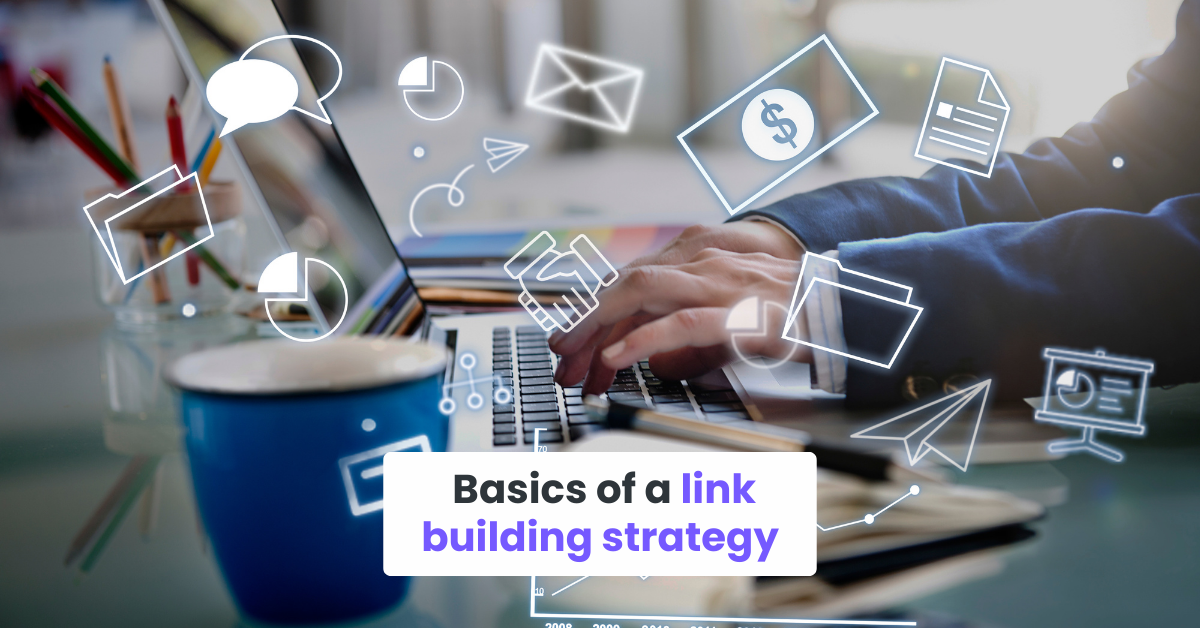When it comes to an eCommerce website or link building campaign, tracking your progress and analyzing the results is crucial. It allows you to understand the effectiveness of your efforts, identify what's working and what's not, and make informed decisions to improve your campaign's performance.
By monitoring your link building campaign, you can:
1. Measure the success of your efforts: Tracking your progress helps you determine if your link building strategies are generating the desired results. Are you getting more backlinks? Is your website's visibility increasing? By measuring these metrics, you can assess the effectiveness of your campaign.
2. Identify opportunities and trends: Monitoring your link building efforts allows you to spot emerging opportunities and trends in your industry. You can identify websites or influencers that are linking to your competitors and reach out to them for potential collaborations or partnerships.
3. Track ROI: Link building campaigns require investments of time, resources, and sometimes money. By tracking your progress, you can assess the return on investment (ROI) and determine if your efforts are generating a positive outcome.
Tools and techniques for monitoring backlinks
To effectively monitor your backlinks, you can use various tools and techniques. Here are a few popular ones:
1. Backlink analysis tools: Tools like Ahrefs, Moz, and SEMrush provide comprehensive backlink analysis. They allow you to track your backlinks, analyze their quality and relevance, monitor your competitors' backlinks, and identify new link-building opportunities.
2. Google Search Console: This free tool from Google provides valuable insights into your website's performance in search results. It shows you the number of backlinks, the websites linking to you, and the anchor texts used. It also alerts you to any issues with your backlinks, such as broken or spammy links.
3. Manual monitoring: While tools are helpful, manually monitoring your backlinks can also be beneficial. Regularly check your website's referral traffic to see which websites are sending visitors to your site. Keep an eye on your social media mentions and track any new links that are being shared.
Analyzing campaign performance and making adjustments
Analyzing your link building campaign's performance is essential to make informed decisions and improve your strategy. Here's how you can do it:
1. Set clear goals and metrics: Define specific goals for your campaign, such as increasing the number of backlinks or improving search engine rankings. Establish measurable metrics to track your progress towards these goals.
2. Regularly review your analytics: Use tools like Google Analytics to analyze your website's traffic, referral sources, and user behavior. Look for patterns and trends related to your link building efforts. Identify which strategies are driving the most traffic and conversions.
3. A/B testing: Experiment with different approaches and variations of your link building tactics. For example, try different outreach emails or guest posting strategies. Compare the results and identify what works best for your campaign.
4. Stay up-to-date with industry trends: The digital landscape is constantly evolving, so it's crucial to stay updated with the latest trends and best practices in link building. Follow industry blogs, attend webinars, and participate in relevant forums to learn from experts and adapt your strategy accordingly.
Remember, monitoring and analyzing your link building campaign is an ongoing process. By regularly tracking your progress, using the right tools, and making adjustments based on your analysis, you can optimize your efforts and achieve better results over time.










